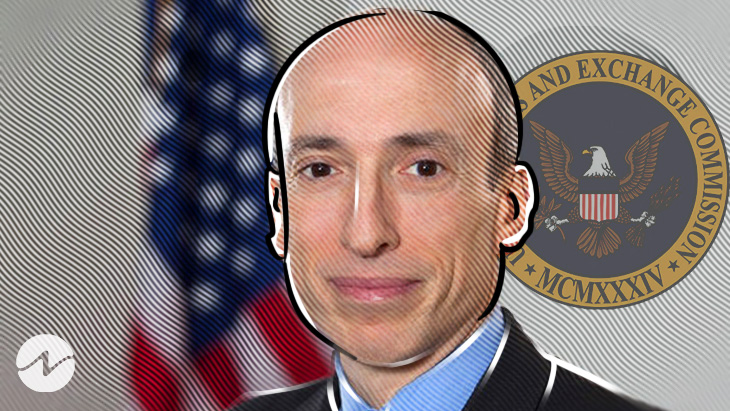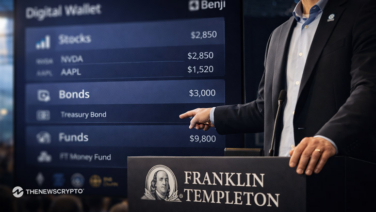- The new definition gives “digital assets” their own distinct category from cash.
- Tokens, coins, and virtual currencies are all in this category.
Consistent rules are now crucial in the crypto industry. Within a short period of time, the sector changed from being widely ignored to being subjected to intense scrutiny. While some nations still see crypto as dangerous, others have welcomed it with open arms. In the United States, crypto regulations have been poorly defined. There can be no order in the market as long as so many different agencies are seeking to control it.
New Sub-asset Class
At this time, the US Securities and Exchange Commission (SEC) and the Commodity Futures Trading Commission (CFTC) are proposing new changes to Form PF. These groups set out to include crypto into the same in order to guarantee reliable statistics. The new definition gives “digital assets” their own distinct category from “cash and cash equivalents.” If the change is approved, a new sub-asset class will be added to Form PF for cryptocurrencies and other digital assets.
The webpage for the Federal Register read:
“We have observed the growth as well as the volatility of this asset class in recent years. Accordingly, we believe it is important to collect information on funds’ exposures to digital assets in order to understand better their overall market exposures.”
Assets that are issued or exchanged using blockchain technology would be categorized as “digital assets” under the proposed framework. Tokens, coins, and virtual currencies are all in this category. These two organizations have shown a remarkable amount of curiosity toward crypto. The SEC’s recent action, although unfriendly to the sector in general, would still help regulate the crypto-verse.
Recommended For You:








